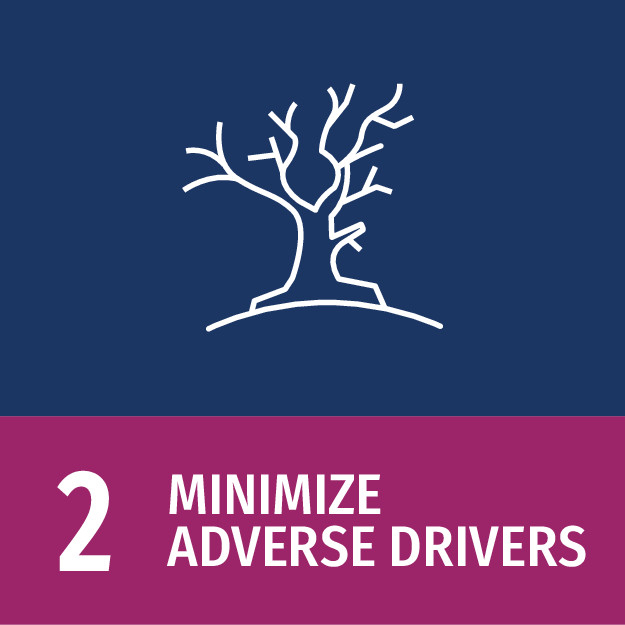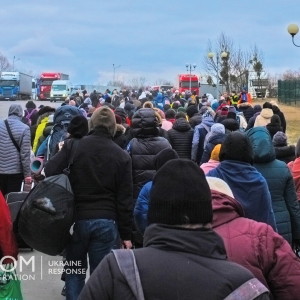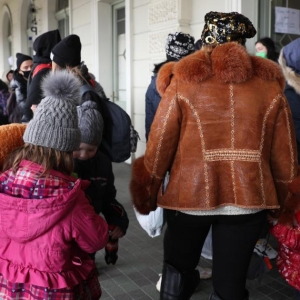Key information
Country/ies
Afghanistan, Albania, Algeria, Andorra, Angola, Antigua and Barbuda, Argentina, Armenia, Australia, Austria, Azerbaijan, Bahamas, The, Bahrain, Bangladesh, Barbados, Belarus, Belgium, Belize, Benin, Bhutan, Bolivia (Plurinational State of), Bosnia and Herzegovina, Botswana, Brazil, Brunei Darussalam, Bulgaria, Burkina Faso, Burundi, Cabo Verde, Cambodia, Cameroon, Canada, Central African Republic, Chad, Chile, China, Colombia, Comoros, Congo, Rep., Costa Rica, Côte d’Ivoire, Croatia, Cuba, Cyprus, Czechia, Democratic People's Republic of Korea, Democratic Republic of the Congo, Denmark, Djibouti, Dominica, Dominican Republic, Ecuador, Egypt, El Salvador, Equatorial Guinea, Estonia, Eswatini, Ethiopia, Falkland Islands, Fiji, Finland, Former Yugoslavia, France, Gabon, Gambia, The, Georgia, Germany, Ghana, Greece, Grenada, Guatemala, Guinea, Guinea-Bissau, Guyana, Haiti, Honduras, Hungary, Iceland, India, Indonesia, Iran (Islamic Republic of), Iraq, Ireland, Israel, Italy, Jamaica, Japan, Jordan, Kazakhstan, Kenya, Kiribati, Kuwait, Kyrgyzstan, Lao People's Democratic Republic, Latvia, Lebanon, Lesotho, Liberia, Libya, Liechtenstein, Lithuania, Luxembourg, Madagascar, Malawi, Malaysia, Maldives, Mali, Malta, Marshall Islands, Mauritania, Mauritius, Republic of, Mexico, Micronesia (Federated States of), Monaco, Mongolia, Montenegro, Morocco, Mozambique, Myanmar, Namibia, Nauru, Nepal, Netherlands (Kingdom of the), New Zealand, Nicaragua, Niger, Nigeria, North Macedonia, Norway, Oman, Pakistan, Palau, Panama, Papua New Guinea, Paraguay, Peru, Philippines, Poland, Portugal, Qatar, Republic of Korea, Republic of Moldova, Romania, Russian Federation, Rwanda, Saint Kitts and Nevis, Saint Lucia, Saint Vincent and the Grenadines, Samoa, San Marino, Sao Tome and Principe, Saudi Arabia, Senegal, Serbia, Serbia and Montenegro, Seychelles, Sierra Leone, Singapore, Sint Maarten (Dutch part), Slovak Republic, Slovenia, Solomon Islands, Somalia, South Africa, South Sudan, Spain, Sri Lanka, Occupied Palestinian Territory, Sudan, Suriname, Sweden, Switzerland, Syrian Arab Republic, Tajikistan, United Republic of Tanzania, Thailand, Timor-Leste, Togo, Tonga, Trinidad and Tobago, Tunisia, Türkiye, Turkmenistan, Tuvalu, Uganda, Ukraine, United Arab Emirates, United Kingdom, United States of America, Uruguay, Uzbekistan, Vanuatu, Venezuela (Bolivarian Republic of), Viet Nam, Yemen, Zambia, Zimbabwe
Data sources
Summary
The Global Skill Partnership project consists of bilateral labor migration agreements between a country of origin and destination, in which destination countries supply technology and finance to train potential migrants in their countries of origin, and countries of origin provide that training and gets support for the training of non-migrants too. The project aims to address demographic imbalances and future migration pressures, skills shortages, “brain drain”, and contribute to development. Multi-stakeholders' suggestions are considered for the decisions of both parties.
The project uses a "dual-track" model which gives trainees the choice between the “home” or “away” track. The former eventually integrates the trainee into the local labour market, with increased skills and earning potential, while the latter supports the trainees’ legal and safe migration.
Results
This program has existed for ten years. There are three partnerships between Belgium and Morocco in ICT, Germany and Kosovo in construction, and Australia and the Pacific Islands in diverse vocational skills. However, the program has nearly 60 agreements, either current or completed, worldwide.
Last modified
16 May 2022






